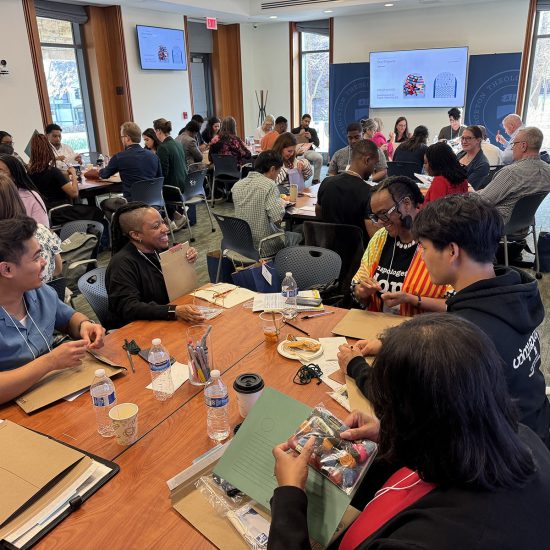Being doers of the Word and not hearers only, as the writer of James put it, is required of believers. And it also can be deeply meaningful, both to the doer and the recipient of the service or ministry. The more Christians do in Jesus' name, the more they desire to do.
This issue's cover story offers sound advice for those motivated to help in a nation and a world where

Bill Webb
|
the opportunities for addressing human need — both spiritually and physically — are significant and seemingly unending.
As these words are being written, an earthquake and tsunami have struck Japan. Assessments of damage, loss of life and injury are being calculated. Civil unrest and diseases such as HIV/AIDS in several African nations continue to leave families impoverished and homeless. Political unrest in the Middle East and in pockets across Asia makes refugees of whole villages.
Some of the responses from the West are more appropriate and more valuable than others. Some are counterproductive in the present and others unwise for the long term. Giving is often the easy part; deciding the very best volunteer response often is much more difficult. We are tempted to exclaim, "But isn't doing something better than doing nothing?"
Not always. A few principles can help guide wise response.
In matters of human need
Determine what is most needed to resolve immediate crises.
Widespread outbreak of a disease in a nation may necessitate getting large quantities of medicine to the scene. However, do drugs need to be secured and sent from outside the country, or are they readily available for sale within the affected community or nation? What about food and building supplies in the wake of a disaster? What is the best way to secure immediately needed commodities?
Determine what specific responses will hinder prospects for long-term improvement and those that will enhance those prospects.
Where clothing items are needed in an overseas setting, are such items produced locally? Or can they be? If not, does it make more sense to collect used items in the United States, pack and ship them than to secure financial donations and use what might be a more timely and affordable approach? What is best for the people in need and what approach represents the best stewardship of available resources?
Responses made in Christ's name have to honor God and respect people, cultures, religions and governments.
Natural and manmade catastrophes do not automatically strip people of their dignity, nor should efforts to help. Those who have much are prone to assume they have the answers and that people in need do not. Presuming "our way is the only way" or "our way is best" usually demonstrates both arrogance and ignorance.
Quite often, of course, missionaries or aid workers who live on the field can bring helpful insights. But it is prudent and respectful in every human-needs situation to involve local people in determining what is needed and how desired results might best be accomplished. To do less is to run the risk of a paternalistic and demeaning response, and accomplish less than what is needed for people and God.
Most societies are like America in the sense that the people, the economy, government, religious mix and other sociological realities are complex. Simplistic responses, especially in the long term, produce less than optimum results. Forging cross-cultural relationships takes time but enhances missions results.
In responding to spiritual need
In situations of spiritual need, the same principles apply as when meeting physical needs. Most people want to know what motivates responders to help them, providing a ready opportunity to speak about faith in Christ.
On volunteer stints of a week to 10 days, mission teams sometimes feel undue pressure to employ hit-and-run witnessing — hit them with a quick evangelistic presentation, press for an answer and then run to someone else.
Most believers come to faith as a result of relationships with others and take time getting there. Spiritual seed sowers, waterers and harvesters aren't always the same people. Jesus demonstrated that the act of helping someone in need was a drawing-people-to-God action in itself.
Naturally, the Christian's response to human needs is rightly intertwined with a concern for spiritual well-being. Volunteers sometimes extend medical care or distribute food and clothing on condition that the recipient will first listen to a gospel message. But Christian witness need not be coerced, even mildly. Jesus didn't require the 5,000 to stay for a gospel presentation as a condition for enjoying a meal of fish sandwiches.
In doing anything for God and others, respect people and let the gospel in action do its work — in them and in you.
Bill Webb is editor of Word&Way.






